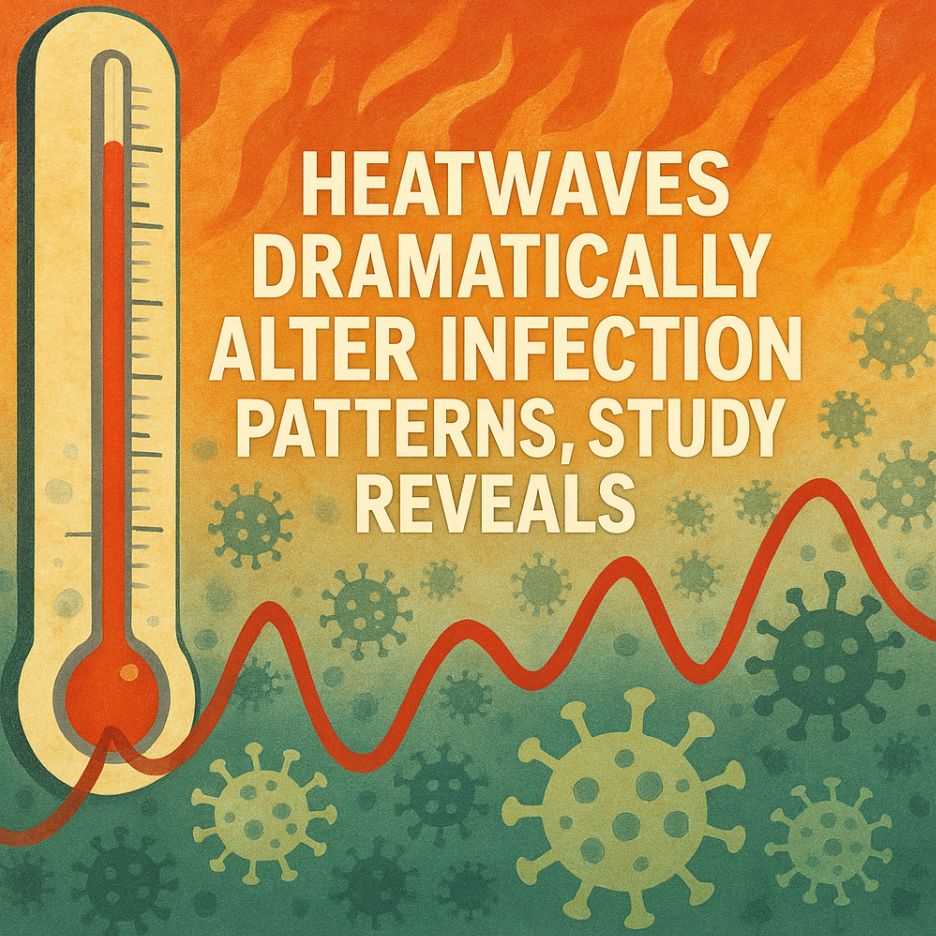US Funding Freeze Derails Malaria Prevention Efforts and Genomic Research, June 1, 2025
- arunaditya1
- Jun 10, 2025
- 3 min read

Jane Carlton who directs Johns Hopkins’ Malaria Research Institute alerts that the unexpected U.S. withdrawal from malaria support has disrupted prevention programs across Africa and threatens to impede advanced genomic research.
A “Catastrophic” Funding Freeze
President Donald Trump directed sweeping reforms earlier this year which terminated funding for multiple USAID programs including the President’s Malaria Initiative (PMI). The PMI started as a five-year project across 15 African nations and became fundamental for distributing bed-nets, operating rapid-test clinics and providing life-saving medications. The absence of continuous funding has led to the breakdown of many programmes. Rationed diagnostics. Health facilities across Uganda are experiencing shortages of rapid diagnostic tests. Interrupted net campaigns. Ethiopia stopped its bed-net distribution program before completing the distribution season. Drug shortages. Five nations experience shortages of artemisinin-based therapies and all have less than three months of available stock. A leaked USAID memo contains model projections which indicate Africa could experience an additional 18 million malaria cases and 160,000 deaths annually if PMI operations completely fail. And it’s not just a health crisis: African economies lose about US$12 billion annually due to reduced productivity from malaria according to one analysis.
Why Should the U.S. Care?
As financial constraints increase the temptation grows to view malaria as an issue for others to address. Self-interest. The United States documented approximately 2,000 malaria cases last year with nearly all cases involving travelers but saw local transmissions emerge in Florida and Texas throughout 2023 after malaria had been eradicated domestically decades prior. Global leadership. In the 1950s the U.S. achieved malaria elimination using swamp draining and DDT spraying techniques. America must share its know-how because it fulfills a moral obligation and strengthens its global health leadership. Security. Malaria endemicity creates economic instability and triggers social disorder. Stable societies depend on healthy populations because they maintain stability which reduces the risk of emerging conflicts and mass migrations.
Genomics: From Blueprints to Breakthroughs
The scientific community first revealed the weaknesses of Plasmodium falciparum and P. vivax parasites through genome sequencing two decades ago. Genomics has developed into a formidable precision-medicine tool since that initial breakthrough. Track emerging drug-resistant strains in real time, Identify transmission hotspots by analyzing genetic information from parasites mosquitoes and humans. Functional genomics helps identify specific genes responsible for resistance and virulence traits. These breakthroughs don’t come cheap, The development of global partnerships required to transform genetic information into diagnostic tools and medications needs sustained financial support which the current freeze puts at risk of eliminating. AI: The New Frontier, Three key areas of malaria research are experiencing accelerated progress thanks to artificial intelligence. Outbreak forecasting, AI models analyze climate and travel data alongside historical information to forecast malaria outbreaks in specific locations and times which enables strategic placement of bed nets and medications. Smart diagnostics, Current AI algorithms demonstrate superior accuracy and speed in reading blood smears compared to numerous human microscopists but continue to face challenges from dusty slides and poor lighting conditions. Protein design, AlphaFold and similar tools enable scientists to predict parasite-protein structures in hours instead of years which makes it possible to develop personalized drugs that interfere with malaria's life cycle. But AI’s promise carries risks: Biased datasets combined with African scientists' exclusion from research development and patent ownership issues represent significant risks for AI technology.Innovative Weapons in the Arsenal, Despite increasing financial difficulties several promising technologies are emerging. Bacterial biopesticides, Eco-friendly pellets created locally offer a cost-effective solution to eliminate mosquito larvae through bacterial activity without damaging surrounding wildlife. Gene-drive mosquitoes, Scientists have developed lab-created insects that lack transmission abilities or reproductive capacity which provides a solution to eliminate wild populations. The initial test results from Burkina Faso show positive signs but still need full community support. Next-gen vaccines, Vaccine candidates R21 and RTS,S are now active in 19 nations and Ghana's pilot study demonstrated a 30 percent decline in severe malaria cases among vaccinated children. Preserving Equity and Collaboration, Carlton highlights that authentic advancement necessitates approaches beyond top-down interventions. She says that building local capacity involves training African researchers in genomics and including communities in trial design to lead discoveries from laboratory research to practical field application. The timing of travel bans and cancelled site visits threatens partnerships during their most critical stage.
A Call to Action
The fight against malaria is diminishing its geographical presence because of vaccines and gene editing technology together with Nigeria's US$200 million commitment to counteract U.S. funding reductions. Egypt has successfully eliminated malaria while India decreased its cases from 20 million to 2 million since 2000. The progress achieved over the last twenty years remains uncertain and vulnerable to change. The absence of consistent financial support and authentic worldwide cooperation threatens us with lost progress while squandering forty years of advancements. The time to act is now.
References:



Comments